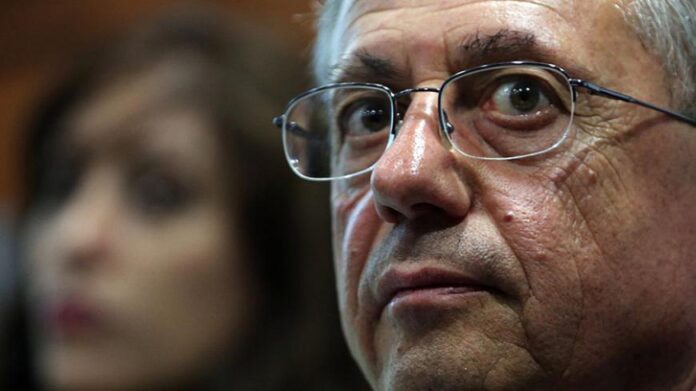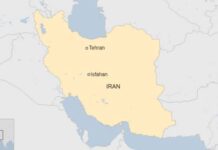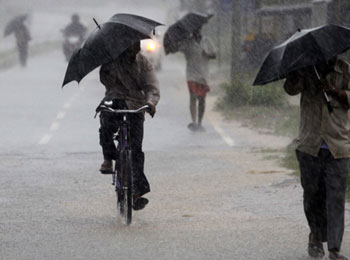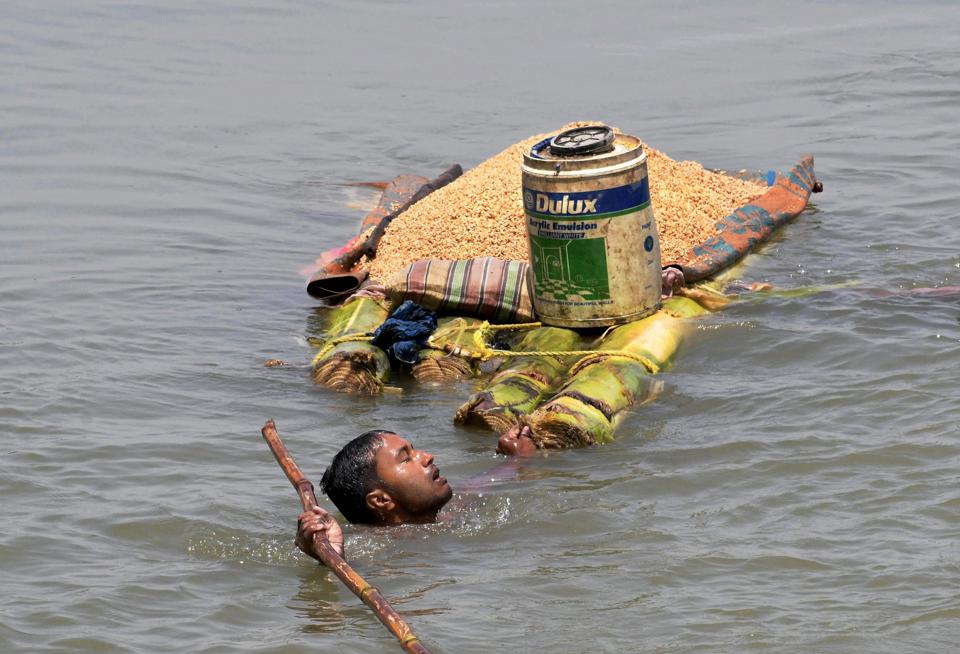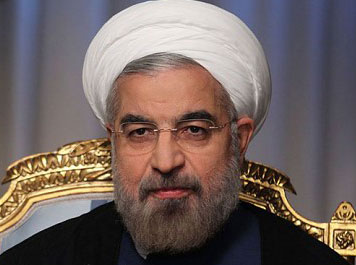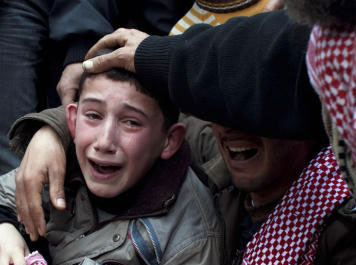By Chuck Stephens
AT this stage it is rather unlikely that Hamas leader Yahya Sinwar can ever run for president of Palestine. The alternative that most people consider is 88-year old Mahmoud Abbas, president of Fatah. Both Hamas and Fatah endorse the use of violence.
Enter Dr Mustafa Barghouti, a Palestinian from Ramallah who is likely to run for president on a platform of non-violence. He is co-founder and leader of the PNI (Palestinian National Initiative). He does not negate the State of Israel’s existence, but he champions a non-violent Palestinian resistance to domination. He is emerging as a moderate voice that can negotiate with Israel in the wake of the Battle of Gaza. If Israel succeeds in eradicating Hamas, they are unlikely to turn to Fatah, because it also espouses terrorism. Dr Mustafa Barghouti may well step into the gap. He is 69 years old.
We are at a turning point much like the alleged stroke suffered by PW Botha in South Africa. History has taken a turn on Israel’s side as it crushes Hamas, the crocodile of the Levant. When it is out of the way, expect to hear the name of Dr Mustafa Barghouti a lot more. Remember the days that we could not legally possess a photo of Nelson Mandela? Then news came of his immanent release. He stepped into the limelight. Dr Mustafa Barghouti will champion the two-state solution. He wants an independent and democratic Palestine in the equation. But whether Israel ever goes along with that remains to be seen. Just this week Israel authorized 1,700 new settler dwellings to be built in the West Bank.
Also read: Israel vs Hamas – Who has the advantage now?
In one word, the Palestinians remember 1948 as “al Nakba”. The Catastrophe. Seventy-five years later, 38 countries still refuse to recognize the State of Israel. Most of these are Muslim states.
On the other side of the ledger, 55 nations have not yet recognized Palestine’s unilateral declaration of independence, announced in 1988. That was forty years after the State of Israel was founded. The challenge for Dr Mustafa Barghouti will be how to validate this UDI – without violence.
The opposite narrative is that 1948 was “the Solution”. Finally, the world found a definitive way to solve the on-going challenge of anti-Semitism. Ever since the State of Israel was founded it has had some huge patrons like the USA, Britain and Germany. For post-war Germany, the emergence of the State of Israel was the right solution. The holocaust was wrong, it was an inhuman solution, it was demonic. So to this day, Germany remains a staunch supporter of the State of Israel.
The way the USA used its veto in the Security Council this week is a reminder that Israel still has loyal patrons. Britain abstained from that vote. This bought more time for Israel to continue its forceful military campaign against Hamas. Opening up future possibilities for Dr Mustafa Barghouti.
The surge of pro-Palestinian support in France, Britain and the USA caused a back-lash against anti-Semitism. There was more than a rush of concern for civilians caught in the cross-fire. The protests were pro-two state solution, highly critical of Israel, and ultimately pro-Hamas. However, Israel has fought back with a strong defense that it is waging war according to all the international conventions. Unlike Hamas terrorists, who know no bounds.
Israel has also shared intel on the way that Hamas uses civilians as human shields. And it agreed to a seven-day “pause” in the fighting, which created space for the import of humanitarian aid. These measure have begun to take hold and sink in. So public opinion has taken a big swing.
It has also become apparent that there are cracks in the unity of the 38 nations that still do not recognize the State if Israel. For example, Saudi Arabia fought the Iran-back Houthi rebels in Yemen for five years, so they do not support the prospect of more terrorists in the region. Egypt is not willing to let in Palestinian refugees because that could let in Hamas. It has roots in the Muslim Brotherhood, a terrorist organization that has wreaked havoc in Egypt. Lebanon is in no economic condition to get involved in another war. So the solidarity is not gelling.
There are several instances of a swing in public opinion. Major marches against anti-Semitism have been held in France, Britain and the USA. American senators summoned three college presidents to question why ouvert anti-Semitism was tolerated on their Ivy League campuses. This led seventy senators to sign a bipartisan letter calling for the college presidents to resign. At least one private donor to Harvard has withdrawn a pledge of $100 million.
The hostage crisis has returned to front-row centre, where it should be. Although the number held by Hamas was reduced by prisoner exchanges during the “pause” in the fighting, there are still 138 hostages pending release. Testimony from the 100 hostages who were released puts Hamas in a very bad light. This diminishes its already tarnished reputation.
The problem of “collateral damage” remains. Israel reckons that it has killed over 6,000 Hamas fighters so far, although Hamas only says how many people have died overall. Including its fighters, but making no distinction. This has the effect of distorting the collateral damage. In recent wars in Yemen, Ethiopia and the Sudan, the collateral damage factor has been high. Even more so the numbers of displaced people. War is hell. Israel is at war with Hamas. It does make an effort to warn civilians but they are in the way because Hamas put them there.
What kind of outfit builds a network of tunnels for its militants and no bomb shelters for civilians? Israel has highlighted the way Hamas uses hospitals, schools and mosques to operate from.
The stage is set, not just for a new leader to emerge, but for a new way of leading.
Expect Dr Mustafa Barghouti to step into the limelight when the guns fall silent. Israel is one of the 55 countries that have not yet recognized Palestine’s independence. How that will play out still remains to be seen. The Security Council is not the place to figure it out, as it is gridlocked. Neighbouring countries are insisting that it is an “internal” matter between Israel and the Palestinians. Israel is looking for someone they can negotiate détente with. In the spirit of the Abraham Accords. Dr Mustafa Barghouti is the guy. Just as Nelson Mandela was, when the apartheid regime came to the point of realizing that they had to negotiate. That same imperative is coming soon to Gaza and Palestine. Dr Mustafa Barghouti is their Nelson Mandela.
The writer is an author and activist at the Desmond Tutu Centre for Leadership.



